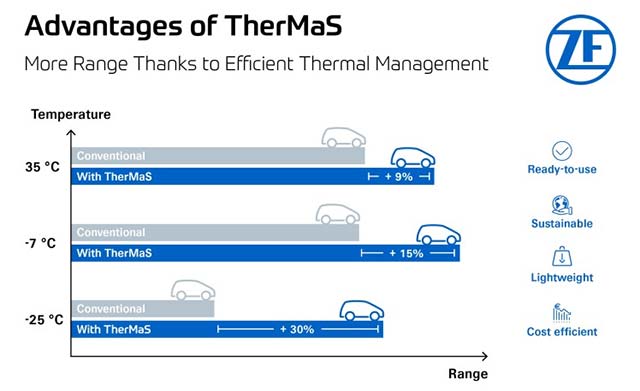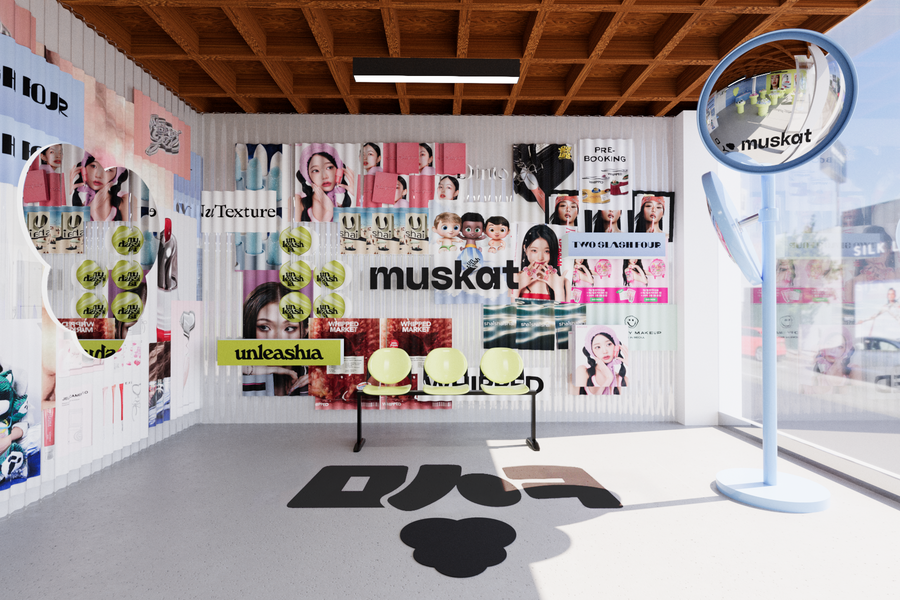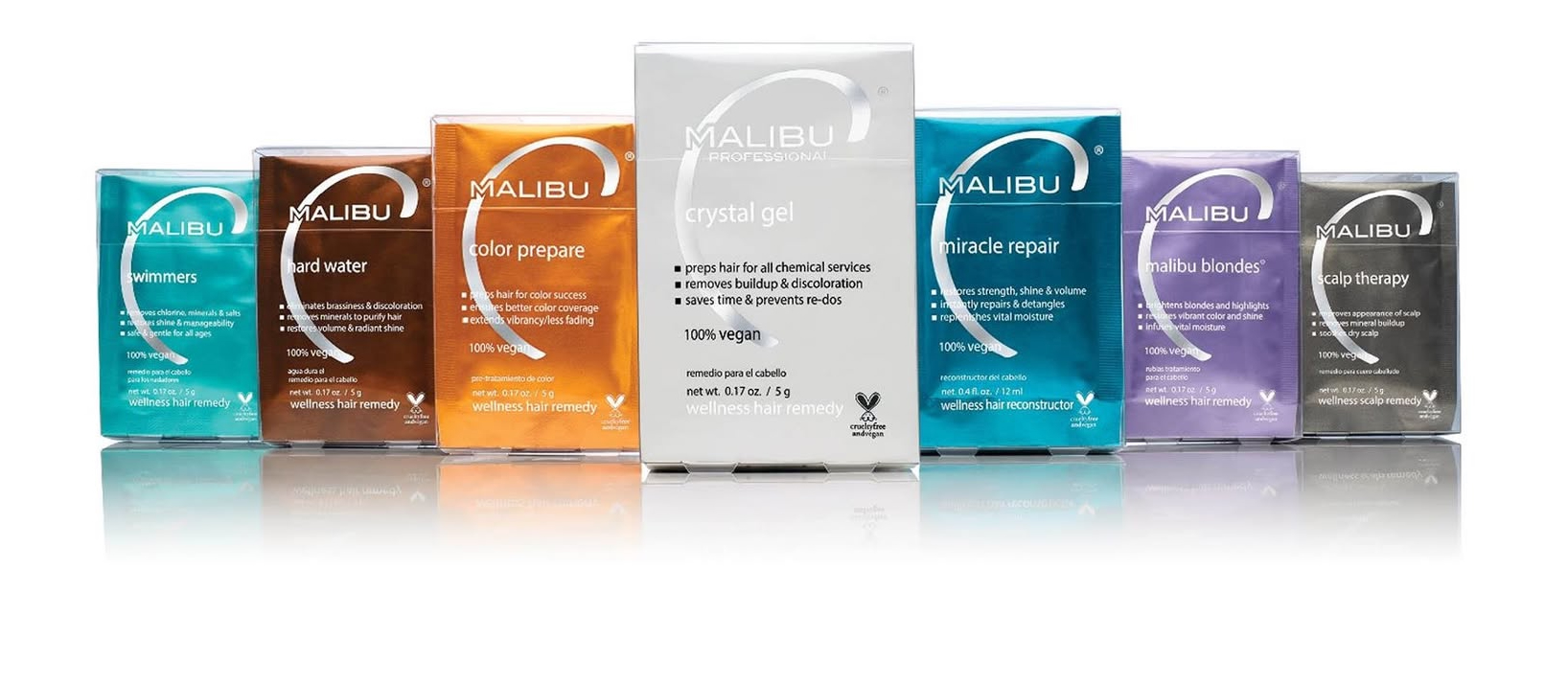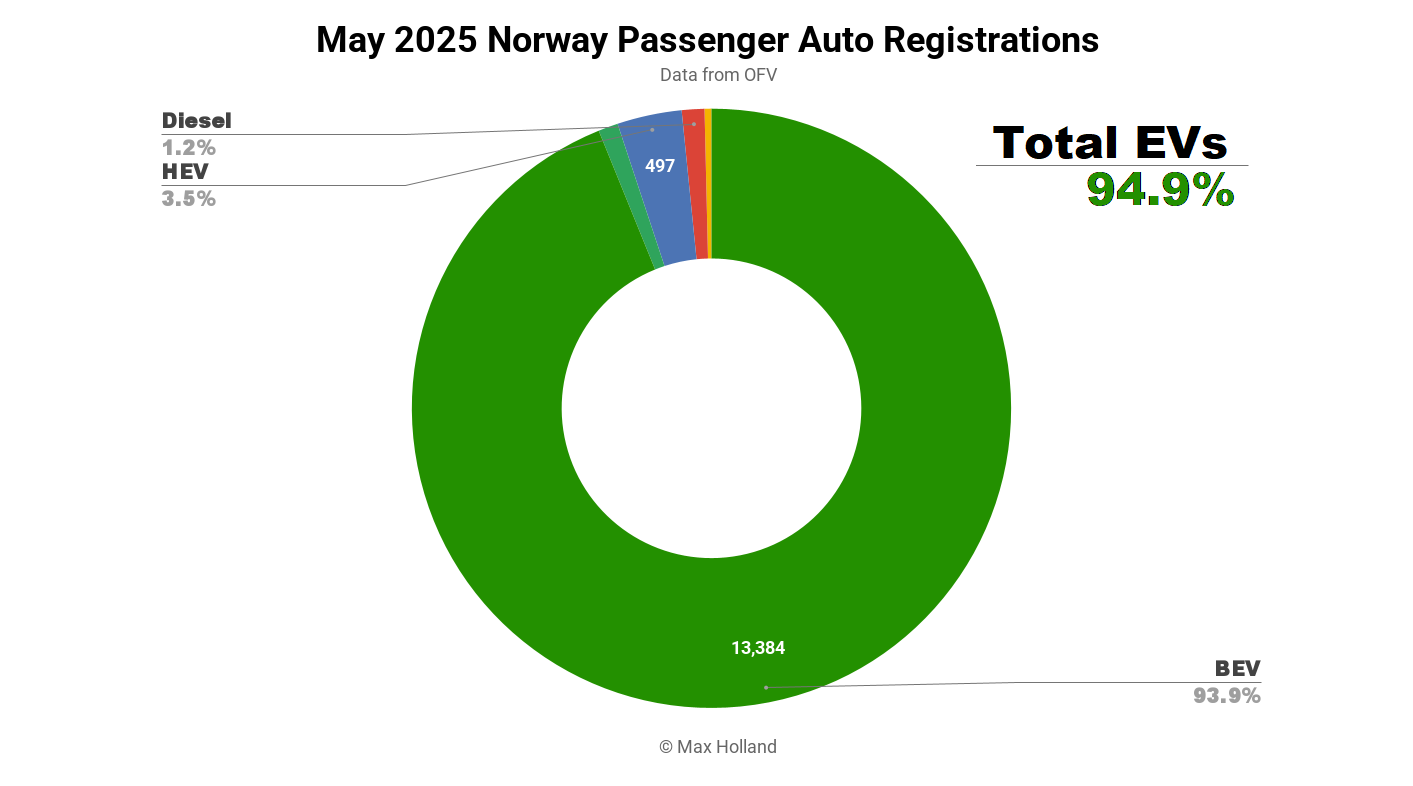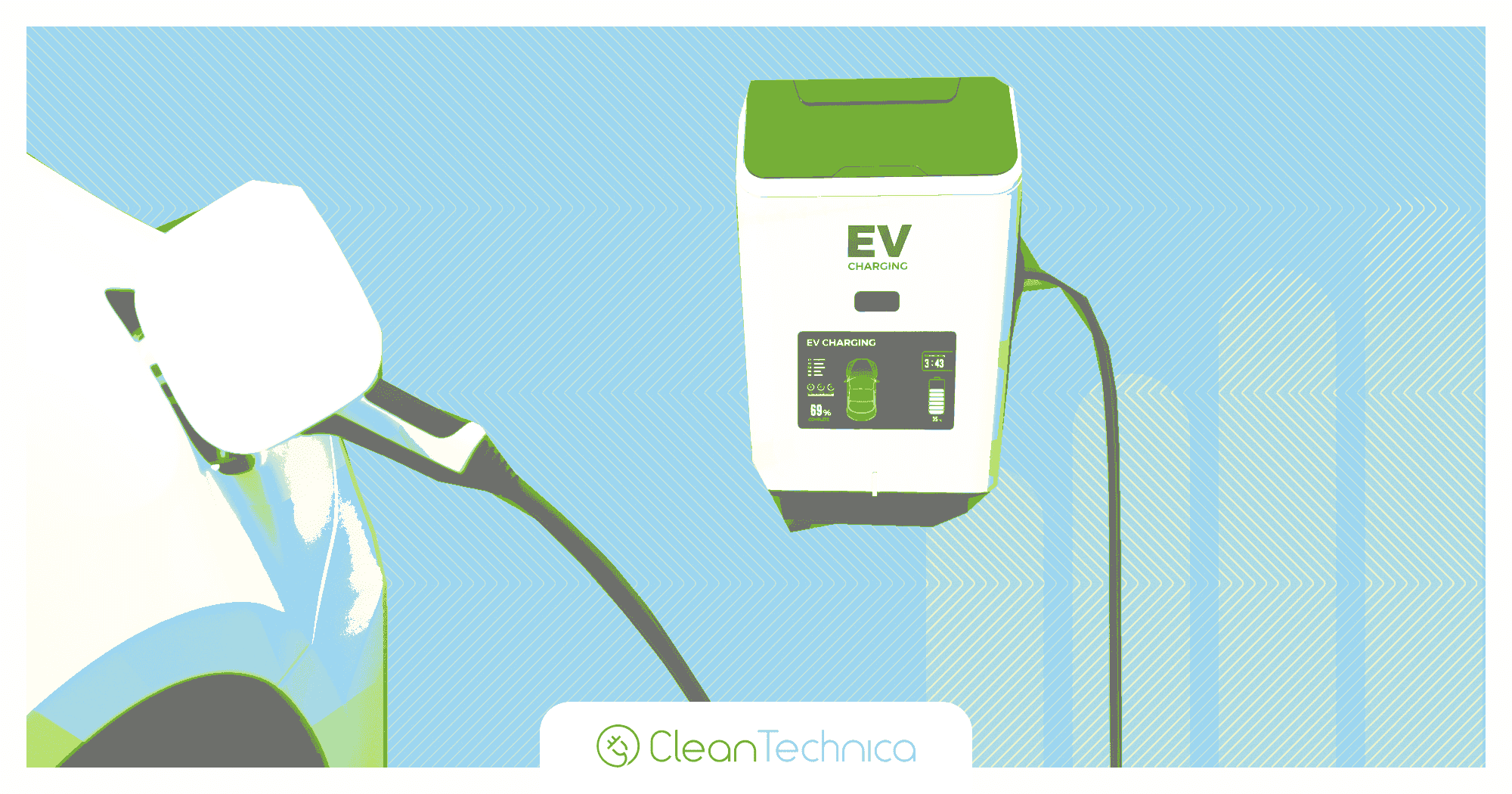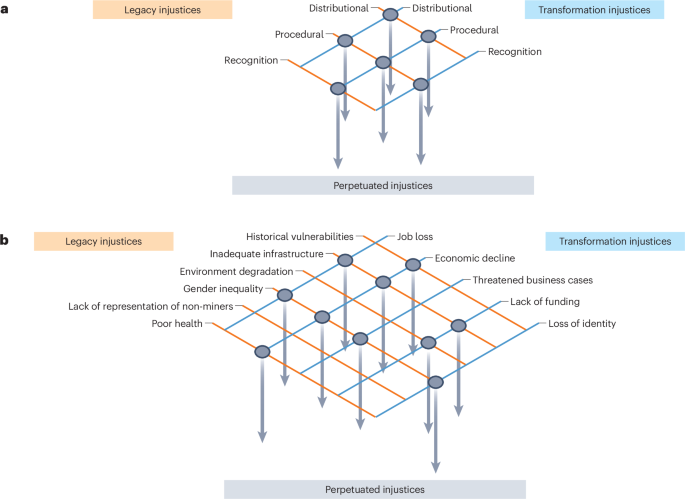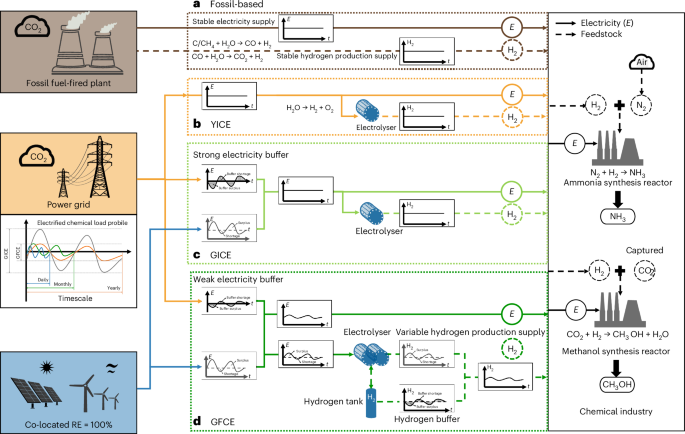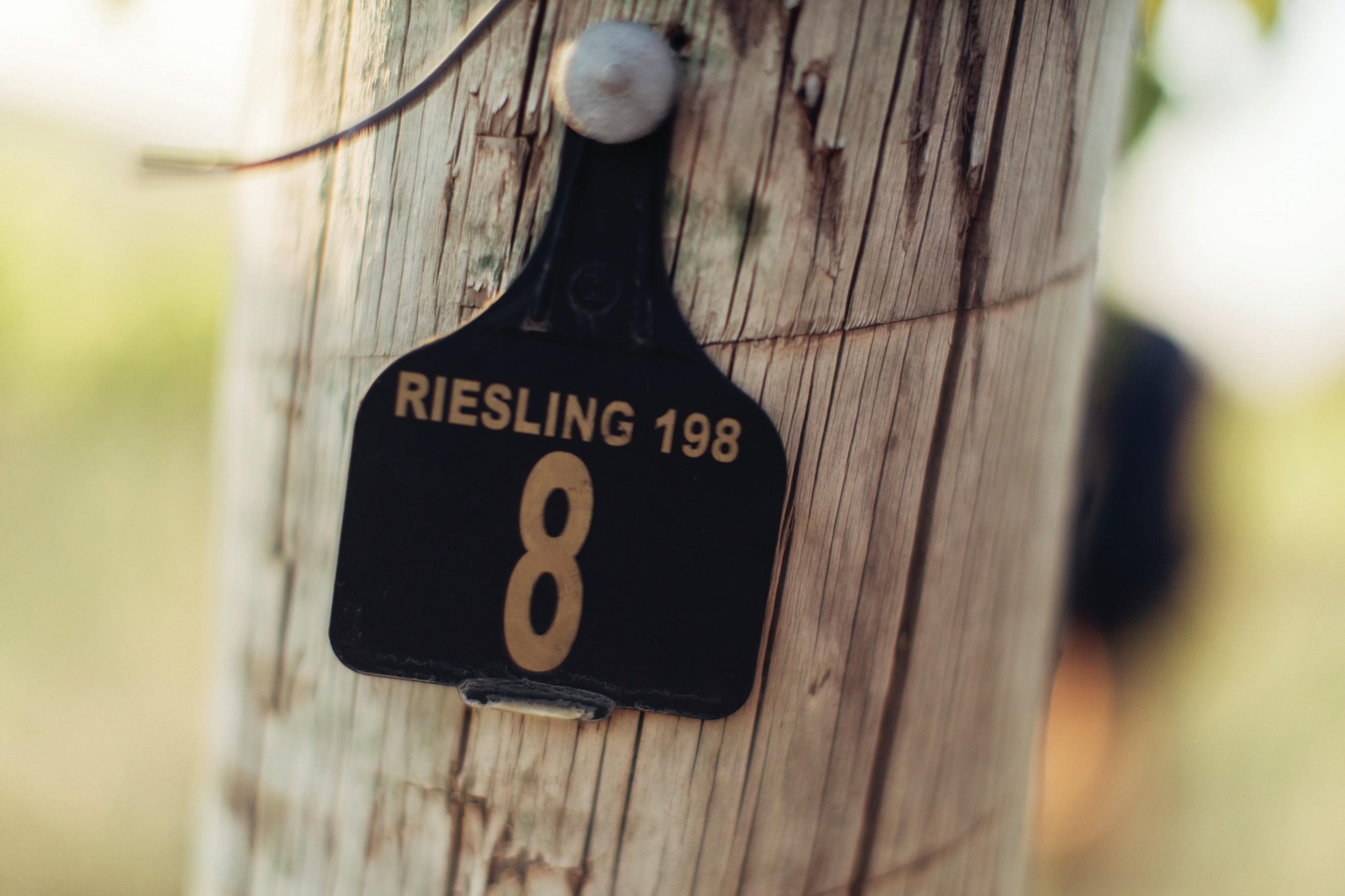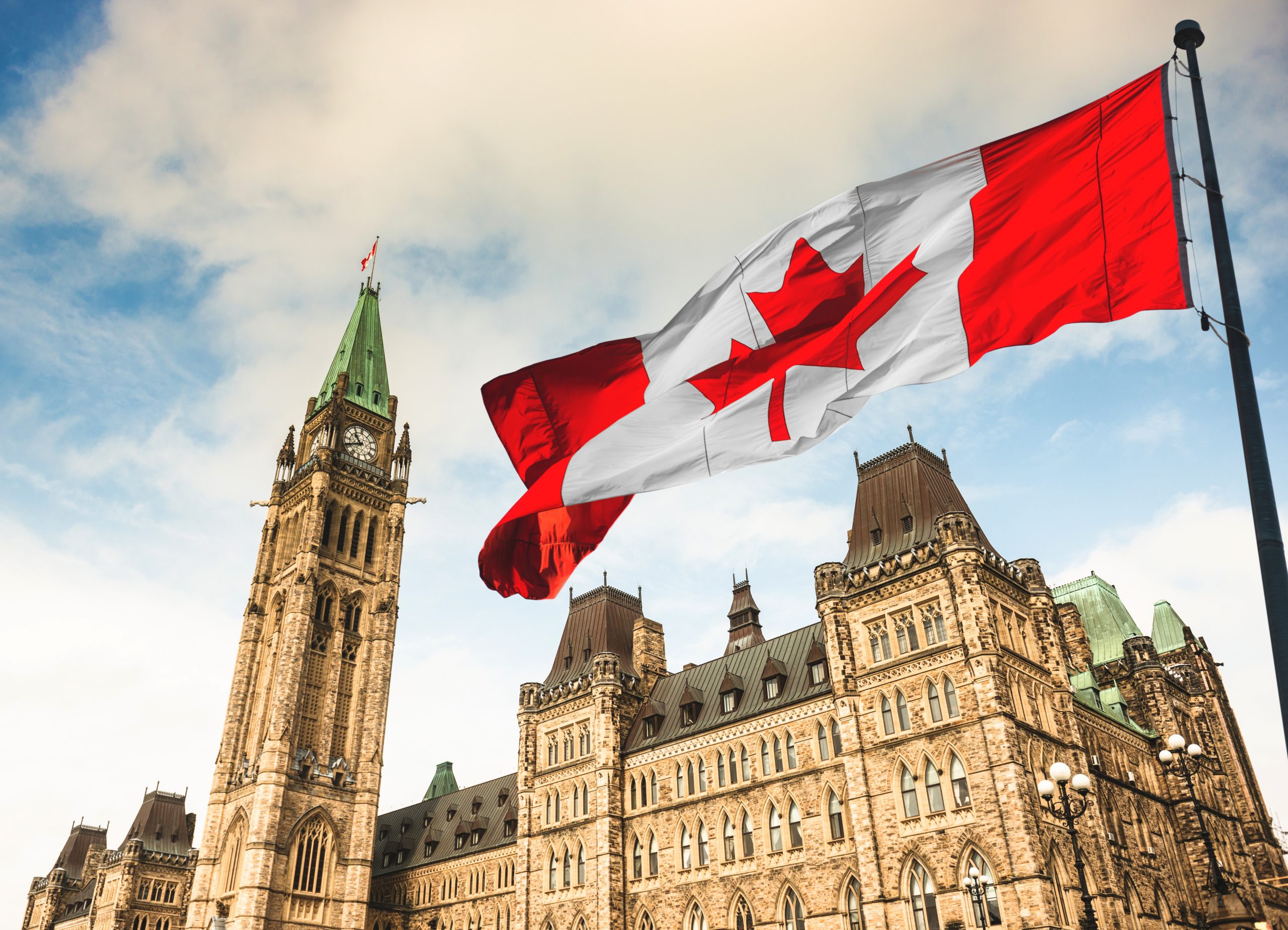New law allows distilleries, vineyards and breweries to sell directly to visitors, but with tight restrictions. Reform aims to support tourism and local producers without undermining the country's strict alcohol controls.
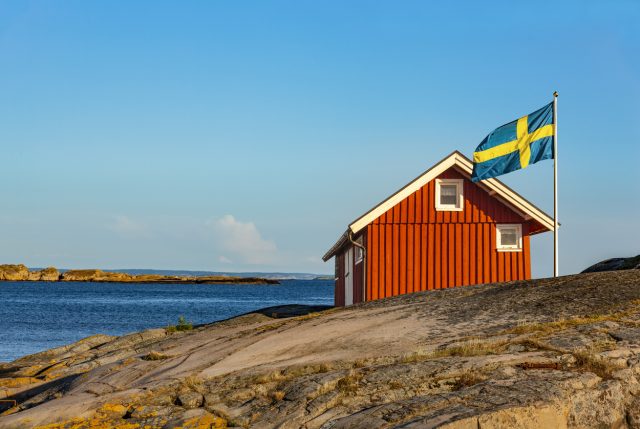
From 1 June, Sweden's distillers, brewers and winemakers may raise a cautious glass. For the first time in more than a century, they are being granted the right to sell their products directly to visitors, one bottle at a time.
Anna Anerfält, chief executive of Norrtelje Bränneri, a small craft distillery north of Stockholm, sees the reform as a modest but welcome step. “The whole event has to start off with a warning about the risks of drinking alcohol,” she says, pointing to the stipulations attached to the new permissions. Yet, like many in Sweden’s beverage industry, she supports the underlying principle of maintaining tight control.
"I'm not sure it will affect the sales of our product that much, though, because each visitor is only allowed to buy one bottle," she adds.
Bottled limits
Sweden’s century-old state alcohol monopoly, Systembolaget, has long stood as both gatekeeper and guardian of public health. The new rules permit only restricted sales: distilleries can offer a single 0.7-litre bottle to each visitor after a paid tour, between 10 am and 8 pm, while breweries and vineyards will be limited to 3 litres per person.
A 2021 government report forecast these changes would increase national alcohol sales by around 200,000 litres annually, a figure that represents less than 1% of Systembolaget’s current volume.
The change is rooted in a desire to nurture tourism and help local producers, but the underlying philosophy remains intact: access must still be controlled and drinking discouraged.
Long memories and loud warnings
Swedes retain a wary relationship with alcohol. In 1922, the country narrowly voted against outright prohibition, and public sentiment continues to lean towards restraint. Citing figures from the
World Health Organisation, public officials highlight that strict regulation, including some of Europe’s steepest alcohol taxes, has helped keep consumption comparatively low.
Reuters reports that not everyone is toasting the development. “Increased alcohol consumption leads to more social problems,” warns Alexander Ojanne, head of social affairs and public safety at Stockholm’s municipal council. “We want to reduce those social problems as much as possible.”
In the capital, micro-breweries face added hurdles: they may only sell during Systembolaget's hours of operation, ruling out sales on late evenings, Saturday afternoons and Sundays.
EU pressure
Beyond concerns about social impact, some fear the reform could threaten Sweden’s carefully negotiated exception to European Union free-market rules. When the country joined the EU in 1995, Systembolaget’s monopoly was granted a rare exemption. Critics now worry the current shift may prompt Brussels to demand broader liberalisation.
“The problem isn't farm sales in itself, rather we think that it threatens Systembolaget's monopoly,” says Lucas Nilsson, chairman of the temperance group IOGT-NTO. “Ultimately, it could mean we have to dismantle Systembolaget.”
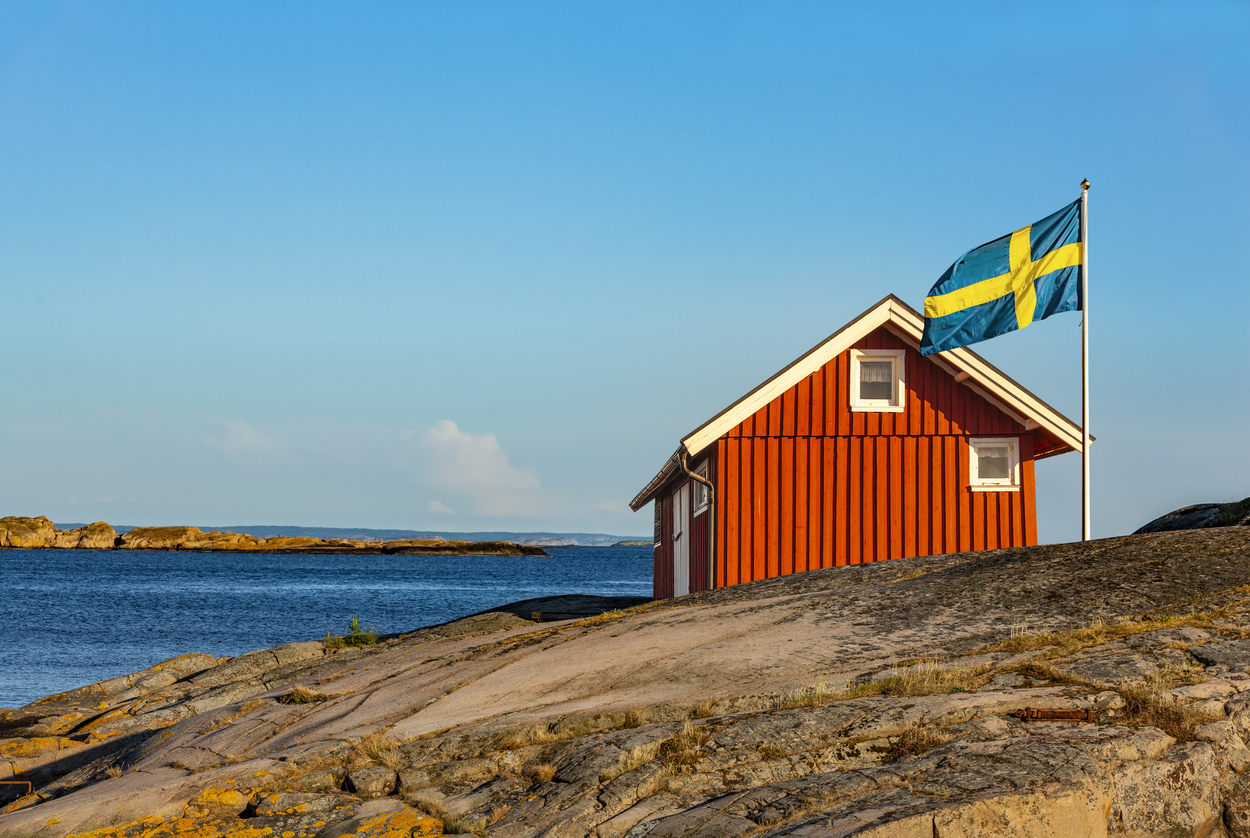
 From 1 June, Sweden's distillers, brewers and winemakers may raise a cautious glass. For the first time in more than a century, they are being granted the right to sell their products directly to visitors, one bottle at a time.
Anna Anerfält, chief executive of Norrtelje Bränneri, a small craft distillery north of Stockholm, sees the reform as a modest but welcome step. “The whole event has to start off with a warning about the risks of drinking alcohol,” she says, pointing to the stipulations attached to the new permissions. Yet, like many in Sweden’s beverage industry, she supports the underlying principle of maintaining tight control.
"I'm not sure it will affect the sales of our product that much, though, because each visitor is only allowed to buy one bottle," she adds.
From 1 June, Sweden's distillers, brewers and winemakers may raise a cautious glass. For the first time in more than a century, they are being granted the right to sell their products directly to visitors, one bottle at a time.
Anna Anerfält, chief executive of Norrtelje Bränneri, a small craft distillery north of Stockholm, sees the reform as a modest but welcome step. “The whole event has to start off with a warning about the risks of drinking alcohol,” she says, pointing to the stipulations attached to the new permissions. Yet, like many in Sweden’s beverage industry, she supports the underlying principle of maintaining tight control.
"I'm not sure it will affect the sales of our product that much, though, because each visitor is only allowed to buy one bottle," she adds.























